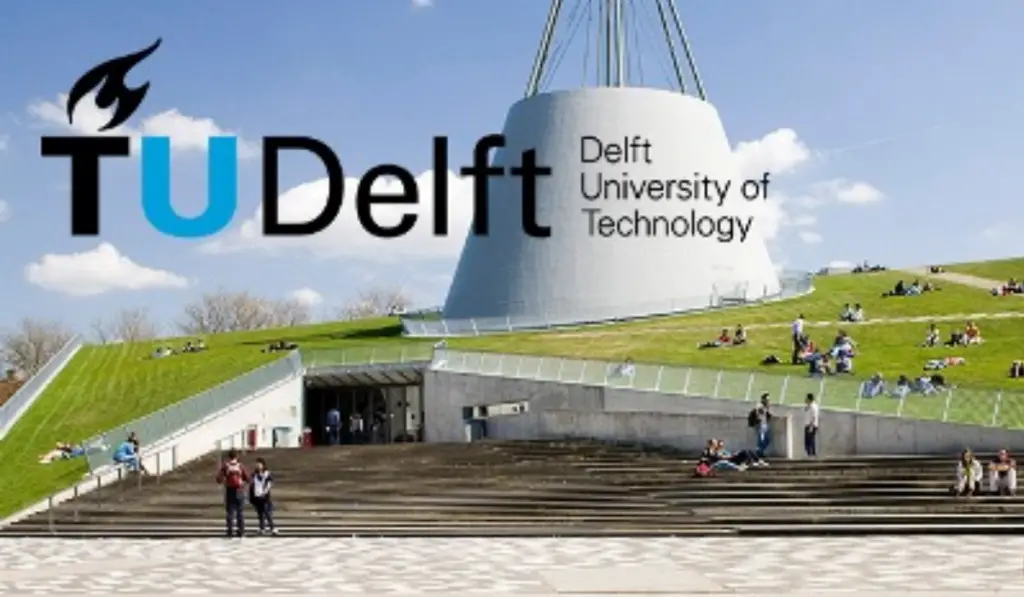Optimization techniques like linear and semidefinite programming find applications in many practical fields, but more and more also within mathematics, for instance as a tool in proving theorems in combinatorics, geometry, etc.
In this project, you as a PhD student will explore the use of optimization techniques to tackle problems in extremal geometry such as the sphere-packing problem, the kissing number problem, and other related questions. Applications in combinatorics may also be considered.
As the student, you will be supervised by Dr. Fernando M. de Oliveira Filho of the optimization group at TU Delft. The project should offer you an opportunity to learn a great deal about optimization and its applications to geometry and combinatorics; there is moreover the opportunity to conduct independent research into topics of your interest. The position also offers generous funds for travelling.
Requirements
We are looking for excellent candidates with the following qualifications, knowledge, and skills:
- MSc and BSc degrees in Mathematics, Computer Science, or related fields.
- A solid background in mathematics and willingness to learn more about functional analysis, harmonic analysis, and representation theory.
- Some experience in computer programming and willingness to learn more about it.
- Excellent communication skills, self-motivation, independence, and the ability to work with others.
- Proficiency in English for effective communication, writing, and presentation.
Conditions of employment
TU Delft offers PhD-candidates a 4-year contract, with an official go/no go progress assessment after one year. Salary and benefits are in accordance with the Collective Labour Agreement for Dutch Universities, increasing from € 2395 per month in the first year to € 3061 in the fourth year. As a PhD candidate you will be enrolled in the TU Delft Graduate School. The TU Delft Graduate School provides an inspiring research environment with an excellent team of supervisors, academic staff and a mentor. The Doctoral Education Programme is aimed at developing your transferable, discipline-related and research skills.
The TU Delft offers a customisable compensation package, discounts on health insurance and sport memberships, and a monthly work costs contribution. Flexible work schedules can be arranged. For international applicants we offer the Coming to Delft Service and Partner Career Advice to assist you with your relocation.
TU Delft (Delft University of Technology)
Delft University of Technology is built on strong foundations. As creators of the world-famous Dutch waterworks and pioneers in biotech, TU Delft is a top international university combining science, engineering and design. It delivers world class results in education, research and innovation to address challenges in the areas of energy, climate, mobility, health and digital society. For generations, our engineers have proven to be entrepreneurial problem-solvers, both in business and in a social context. At TU Delft we embrace diversity and aim to be as inclusive as possible (see our Code of Conduct). Together, we imagine, invent and create solutions using technology to have a positive impact on a global scale.
Challenge. Change. Impact!
Faculty Electrical Engineering, Mathematics and Computer Science
The Faculty of Electrical Engineering, Mathematics and Computer Science (EEMCS) brings together three disciplines - electrical engineering, mathematics and computer science. Combined, they reinforce each other and are the driving force behind the technology we use in our daily lives. Technology such as the electricity grid, which our faculty is helping to make future-proof. We are also working on a world in which humans and computers reinforce each other. We are mapping out disease processes using single cell data, and using mathematics to simulate gigantic ash plumes after a volcanic eruption. There is plenty of room here for ground-breaking research. We educate innovative engineers and have excellent labs and facilities that underline our strong international position. In total, more than 1,100 employees and 4,000 students work and study in this innovative environment.
Click here to go to the website of the Faculty of Electrical Engineering, Mathematics and Computer Science.
Additional information
For more information about this vacancy, please contact Dr. Fernando de Oliveira Filho by email: F.M.deOliveiraFilho@tudelft.nl.
Application procedure
Are you interested in this vacancy? Please apply before 01-07-2021 via the application button and upload the following documents:
- A cover letter motivating your application and a CV.
- BSc and MSc academic transcripts (in English).
- Name and contact information of two references; DO NOT send reference letters.
- A pre-employment screening can be part of the selection procedure.
- You can apply online. We will not process applications sent by email and/or post.
- Acquisition in response to this vacancy is not appreciated.

